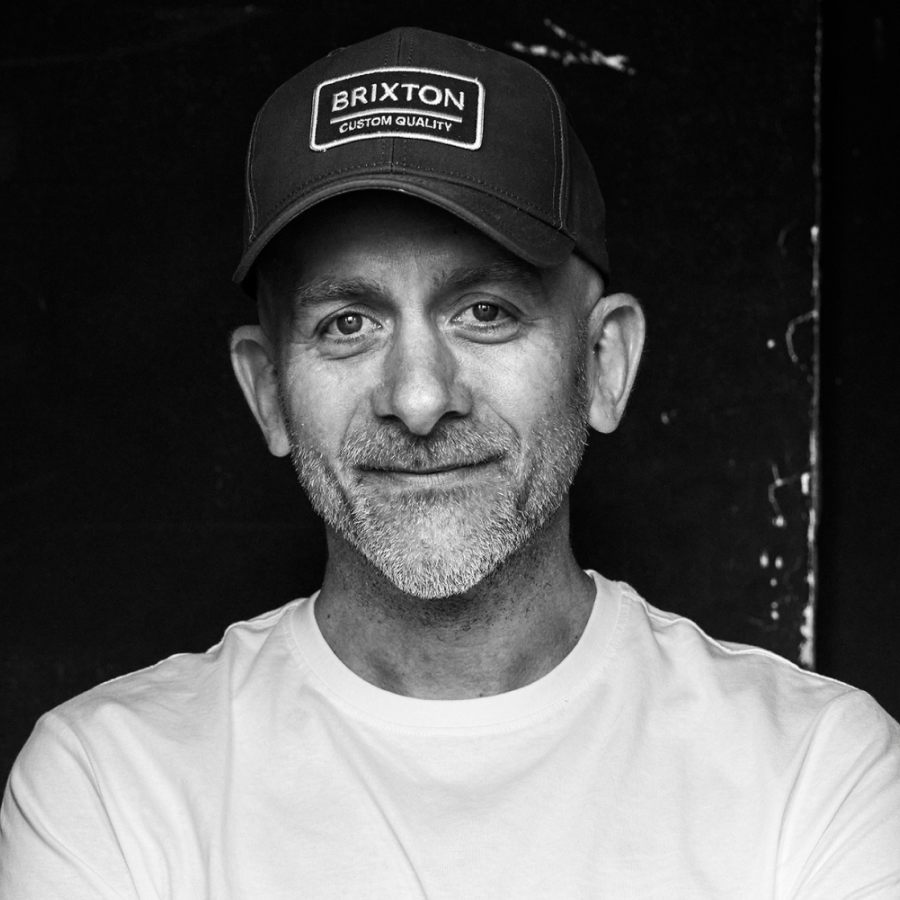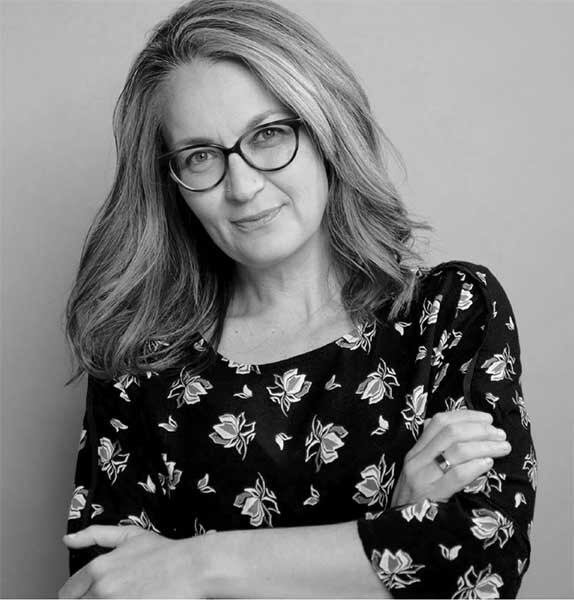
ASKING FOR A FRIEND
Why do you think more storytellers don't experiment with non linear storytelling?
ASKING FOR A FRIEND - QUESTION
Ever wondered why more creators don't experiment with complex, nonlinear storytelling? Jeremy Willmott (Creative Director at Paper Moose), Andy Wright (Founder of Never Not Creative), and Jocelyn Brewer (cyberpsychology consultant) dive into this fascinating question. From fragmented attention spans to the technical nightmares of interactive content, they explore why linear stories still dominate and where the real opportunities lie for innovative creators willing to break the mould.
Why Audiences Struggle with Complex Stories (And What Creators Can Do About It)
We live in an age of endless distractions, where viewers juggle multiple screens and our attention spans are more fragmented than ever. So why don't more storytellers experiment with nonlinear narratives? The answer reveals as much about our exhausted world as it does about the creative process itself.
This question was answered by Jeremy Willmott – Creative Director at Paper Moose – who brings extensive experience in advertising and marketing storytelling, alongside Andy Wright – Founder of Never Not Creative and CEO of Streamtime – and Jocelyn Brewer – psychologist and cyberpsychology consultant specialising in digital wellbeing.
The Reality of Modern Attention
Jeremy explains that entertainment has become "a lean back experience" where people are "second or even third screening" while consuming content. This fundamental shift has changed how films and TV shows are scripted because "people's attention isn't there, even for watching linear content."
The fragmentation we experience in daily life directly impacts how we engage with stories. As Jeremy notes, this is "all around that sort of fragmentation and distraction that we have in our day-to-day lives."
The Technical and Creative Challenges
Beyond audience attention, there are practical barriers to nonlinear storytelling. Jeremy points out that many channels "are linear formats" with "force plays" and strict time constraints like "15 seconds, you have to watch it before you see your content."
Creating complex narratives is also incredibly demanding. Jeremy references Netflix's interactive Black Mirror episode Bandersnatch, noting that "if you see the making of that, it's incredibly complicated process, the different outcomes of filming all of that." Simply put, "it's very difficult as well to do."
The Generational Shift in Content Consumption
Andy highlights a crucial demographic change: teenagers who will be future consumers "are watching more stuff that's 15 seconds, 30 seconds, 1 minute, 5 minute YouTube stuff." While this might seem limiting, it represents a fundamental shift in how stories can be told.
Jeremy observes that watching teenagers interact with technology reveals they're "flipping between 345 applications, managing multiple WhatsApp channels, flicking to pieces of content, sharing stuff." Though overwhelming, this behaviour presents "a huge opportunity for telling different ways of telling stories."
Finding Opportunity in Constraint
Despite these challenges, there's genuine optimism about storytelling's future. Jeremy sees "a huge opportunity for looking at storytelling in different ways" and would "love to see more storytellers use the or break the narrative format."
The rise of vertical video content and episodic formats shows how creators can adapt. As Jeremy suggests, we need to think about "different ways of engaging people" rather than fighting against how audiences naturally consume content.
The key isn't to bemoan shorter attention spans or simpler formats, but to recognise that every generation finds new ways to tell meaningful stories. Whether through interactive experiences, bite-sized content, or innovative narrative structures, the art of storytelling continues to evolve alongside our changing world.
our guests
Industry Leader

Jeremy Willmott
Paper Moose
Mental Health Expert

Jocelyn Brewer
Host

